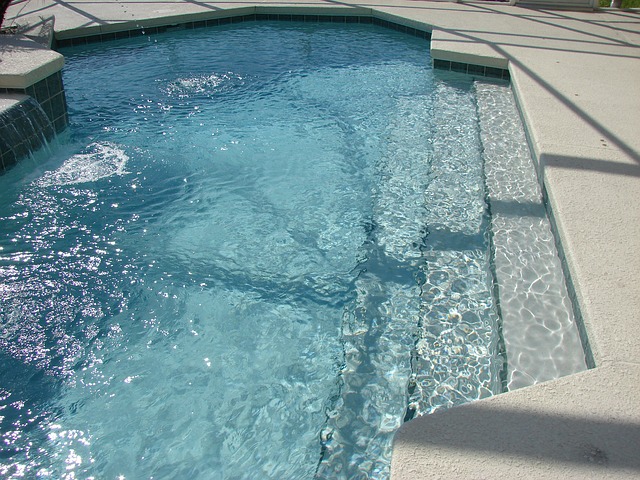Tips on buying pool cleaners
Wondering how you can keep your swimming pool clean? You can either hire a professional or buy your own equipment. Here are tips on buying pool cleaners.

Although Winter is definitely not the season to be dipping in your pools, you should never forget to keep it clean and glistening. Getting rid of leaves, grime, and slime can be a backbreaking task, though.
You can save yourself from this chore by hiring professional cleaners, but having your own pool cleaner can be handy too. Here’s a simple buying guide to help you end up with the type of cleaner best suited to your needs.
Manual pool cleaners
Pool cleaners come in different mechanisms, sizes, and shapes, and they have two basic types: manual and automatic pool cleaners.
Manually operated pool cleaners are obviously cheaper than the automatic type. There are three kinds of manual cleaners that you can see in stores:
1. Swimming pool vacuum
A pool vacuum is used by slowly moving it over the sides and bottom part of the pool. With this motion, the apparatus is able to suck debris into the pool filter. If you have a large swimming pool and you’re using this type of cleaner, it might take up to a few hours to finish the task. You would also have to backwash the filter after the vacuuming process.
2. Swimming pool skimmer
A pool skimmer is used to clean the surface of the water by getting rid of debris before it goes to the floor of the pool. This tool doesn’t cost much, and it can actually help save energy as it can keep your pool cleaner for a longer time and reduce the need for filtering.
3. Swimming pool brush
A pool brush is typically used to clean the pool sides and steps. It is made of a stiff material, so it’s perfect for removing stubborn dirt and algae.

Automatic pool cleaners
Automatic pool cleaners offer a great deal of convenience and efficiency. If you’re considering buying one, take note of the different automatic cleaners that you’ll find.
1. Suction cleaners
These cleaners typically have long moulded plastic hoses, which connect the cleaning component and the filter suction. Once these parts are all set, the suction cleaner starts moving along the sides and floor of your pool. The cleaner should not be moving too fast, though, as it may miss some dirt or get stuck.
2. Pressure cleaners
If you want a more thorough cleaner, pressure cleaners might be a better option for you. They are more powerful than suction cleaners as they can get rid of all kinds of dirt, including fine sand and rocks. This type of cleaner can reach into tight spaces as well.
3. Robotic cleaners
The robotic type is ideal for large pools. It runs on electricity, so you need to ensure that a power point is nearby. After using this equipment, you’ll have to clean or replace the unit’s filter bag.